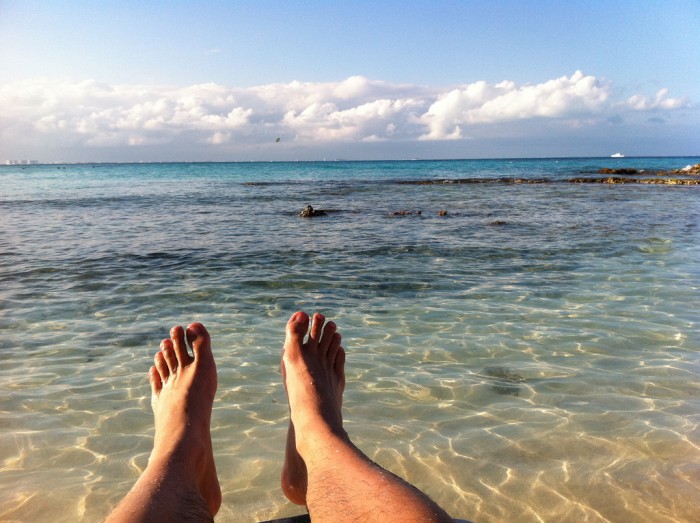
Where you go on vacation is usually curtailed by annoying practicalities like bank accounts and work obligations—two reasons why my spring break trip took me on a three-hour road trip to Richmond instead of, say, the UK or a Hawaiian island (check out here the list of the best tours on Maui).
But if money and time were no object, where would you go for your next big trip? Most of us have a mental bucket list of the places we’d like to see, and as it turns out, the kinds of vacation destinations you gravitate toward generally reflect how you see yourself.
You see yourself as adventurous? You may opt for a Colorado hiking vacation.
You think of yourself as cultured? You head to the museums of New York City.
The more closely our image of our destination aligns with our self-image—what researchers Ning Chen and Tina Šegota call self-congruity—the happier we’re likely to be with our choice.
One recent study led by University of Virginia psychologist Shigehiro Oishi found that when it comes to travel, extraverts are happier at the beach, introverts in the mountains. “We argue that beaches are typically noisier, with more people to watch, talk to, and hang out with than mountains,” Oishi and his fellow researchers write. “In contrast, mountains offer many secluded places, which facilitate isolation.”
But again, those preferences relate to how we see ourselves, since the results were based on the answers study participants gave on a personality self-assessment. Did they think of themselves as introverted? Then they were also more likely to think of themselves as preferring the mountains.
Of course, the reasons we’re attracted to one vacation spot may not feel so simple. I’m desperate to visit Paris, but is that because I feel emotionally aligned with chic, sophisticated French socialites or because I really like macarons? (Answer: the latter.)
What is clear is that the same interplay between self-image and place image plays into our choices about where to live. Given your druthers, you’d choose to settle in a town that seems to reflect your most important characteristics and values—or perhaps just the qualities you wish you had (eduation, wealth, bohemianism). But the better the self-congruity, the more likely you are to develop place identity, the feeling that where you live is a powerful reflection of who you are. (You know you have it if you can answer yes to the question, “Does your city say a lot about who you are?“)
And to bring it all full circle, Chen and Šegota posit that when you get a good match between your place identity and your self-identity, you’re more likely to recommend the city where you live as a tourist destination.
Where we dream of going on vacation says a lot about who we think we are. But where should we actually go? Places where people talk about how much they like living there. Locals have the most to lose from an onslaught of tourists, but when they act as a “destination ambassador,” effectively telling all and sundry to come and visit, pay attention.
Sources
Ning Chen and Tina Šegota, “Resident Atttitudes, Place Attachment and Destination Branding: A Research Framework,” Tourism and Hospitality Management 21, no. 2 (2015): 145–58.
Shigehiro Oishi, Thomas Talhelm, and Minha Lee, “Personality and Geography: Introverts Prefer Mountains,” Journal of Research in Personality 58 (October 2015): 55–68.
Like this post? Share it!